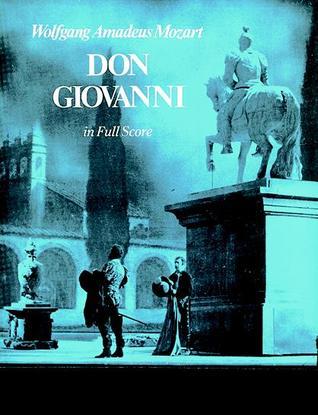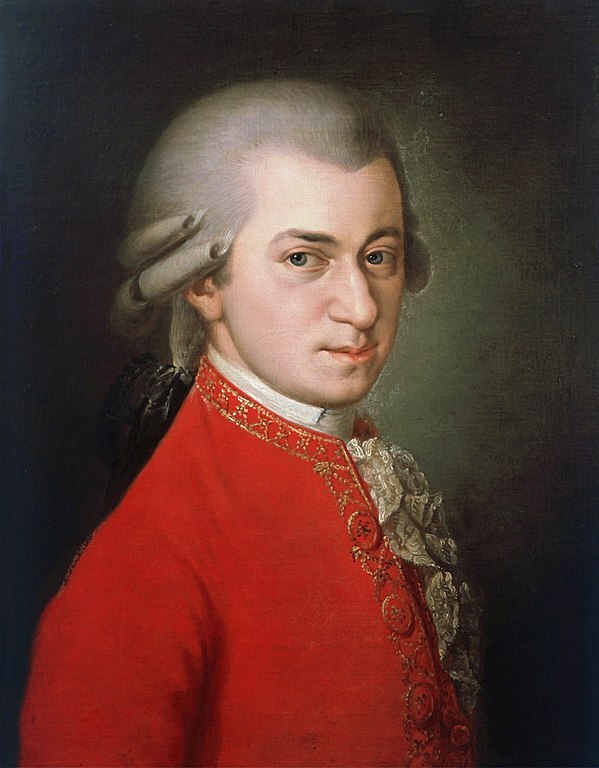
This is the complete orchestral and vocal score of Mozart's Don Giovanni, considered by many to be the greatest opera ever written. This edition contains all the music Mozart wrote for Don Giovanni, both for the original version performed in Prague (1787) and the alterations―Don Ottavio's aria "Dalla sua pace," Elvira's aria (and its transposition to D Major) "Mi tradì quell'alma ingrata," Zerlina and Leporello's duet "Per queste tue manine," the cut in the finale―made for the first Viennese performance six months later, as well as the concert ending of the overture. The editors, Georg Schünemann and Kurt Soldan, worked directly from Mozart's autograph manuscript and from early copies made under Mozart's supervision, correcting many errors that had persisted since Mozart's time. An extensive commentary lists all vague or controversial elements the editors encountered in the score. In addition the complete Italian libretto and stage directions by Lorenzo Da Ponte and a German translation of the vocal text by Georg Schünemann have also been included. Do not confuse this with a piano rendering; it is the full orchestral score. In addition to its obvious uses for study, this score is also an indispensable associate for anyone listening to the music. In no other manner can the listener or student keep full awareness of the many elements that make up this opera.
Author

Wolfgang Amadeus Mozart (1756 - 1791) was a prolific and influential composer of the Classical era. He composed over six hundred works, many acknowledged as pinnacles of symphonic, concertante, chamber, piano, operatic, and choral music. He is among the most enduringly popular of classical composers. Mozart showed prodigious ability from his earliest childhood in Salzburg. Already competent on keyboard and violin, he composed from the age of five and performed before European royalty; at seventeen he was engaged as a court musician in Salzburg, but grew restless and traveled in search of a better position, always composing abundantly. Visiting Vienna in 1781 he was dismissed from his Salzburg position and chose to stay in the capital, where over the rest of life he achieved fame but little financial security. The final years in Vienna yielded many of his best-known symphonies, concertos, and operas, and the Requiem. The circumstances of his early death have been much mythologized. He was survived by his wife Constanze and two sons. Mozart always learned voraciously from others, and developed a brilliance and maturity of style that encompassed the light and graceful along with the dark and passionate—the whole informed by a vision of humanity "redeemed through art, forgiven, and reconciled with nature and the absolute". His influence on all subsequent Western art music is profound. Beethoven wrote his own early compositions in the shadow of Mozart, of whom Joseph Haydn wrote that "posterity will not see such a talent again in 100 years".